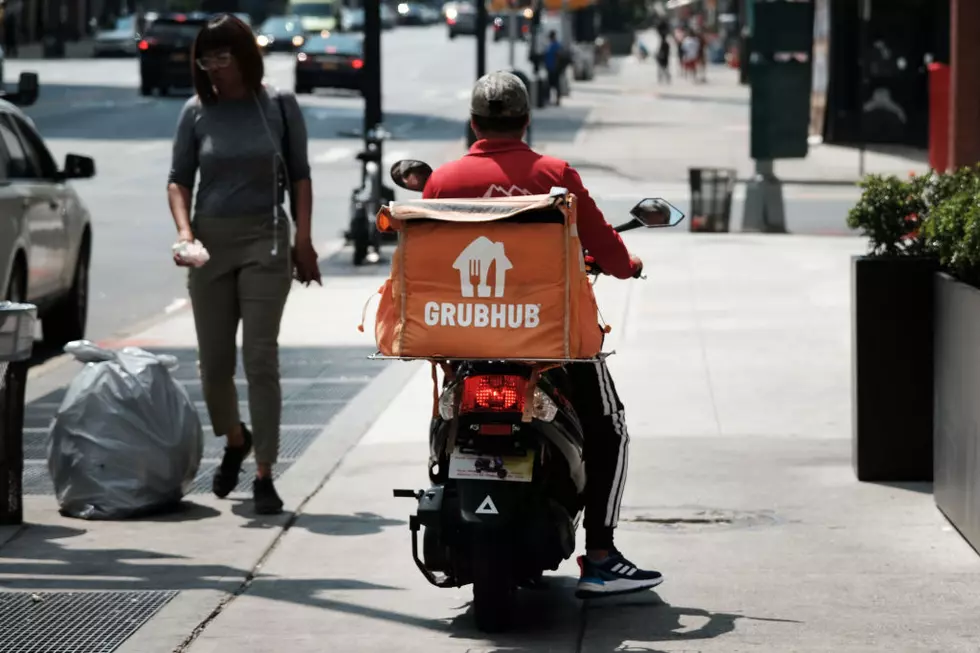
What’s Hidden Inside Proposed $15 Minimum Wage Proposal for WA?
Initiative 1433 is likely going to be on the ballot this fall, YOU the voter will decide if WA will raise it's minimum wage statewide to $15 by 2020. But there's another requirement that would go into effect that could cripple or shut down small businesses, especially those who employ small levels of staff and workers.
There are literally hundreds of firms that would not only have to bear the brunt of raising minimum wages substantially, but also be faced with staggering sick leave costs.
A group called Raise Up Washington, the same people who orchestrated the West side fast food strikes and helped get the $15 wage passed in Seattle and the City of Sea-Tac, are behind this initiative. They're pushing it as an equality measure, making it possible for minimum wage workers to 'survive' financially.
However, the plan also would require businesses to offer up to 12 days of paid sick leave. Now before you think opposing that is inhuman or insensitive, the financial cost must be considered.
Virtually all minimum wage jobs do not have such compensation. If you're ill and miss a day or three, you just lose out on wages. But by forcing employers to offer paid sick leave, it would add a financial burden most could not pay. According to the Association of Washington Business, many small employers would be significantly affected. From a statement released Friday by the Association:
"I-1433 would raise the minimum wage from $9.47 to $11 beginning Jan. 1, and require employers to provide up to 12 days of paid sick-leave. The combined impact of those requirements — instituted at once — would be a costly shock wave to small employers."
The Association warns that a number of unintended consequences will result from not only the minimum wage hike, but the sick leave costs as well. They say in order to stay financially solvent, or even stay in business, companies will have to scale back on labor costs. Namely, cutting workers, not hiring new workers, and fewer entry level jobs for younger workers will result.
The impact of the $15 minimum wage has already been felt in San Francisco and Seattle. As of last year, at least 8 large, popular restaurants in the Downtown District alone have closed, or are planning to, because owners see the writing on the wall. Many are getting out while they can still afford it. In Seattle, at least four popular restaurants have shuttered their doors since the wage began to rise in April 2015.
According to many business experts, the food service industry will be particularly hit, as at least 36% of their expenses come directly from human labor costs, paying and taking care of workers.
The bulk of the support for I-1433 is coming from the fast food industry.
More From 870 AM KFLD









